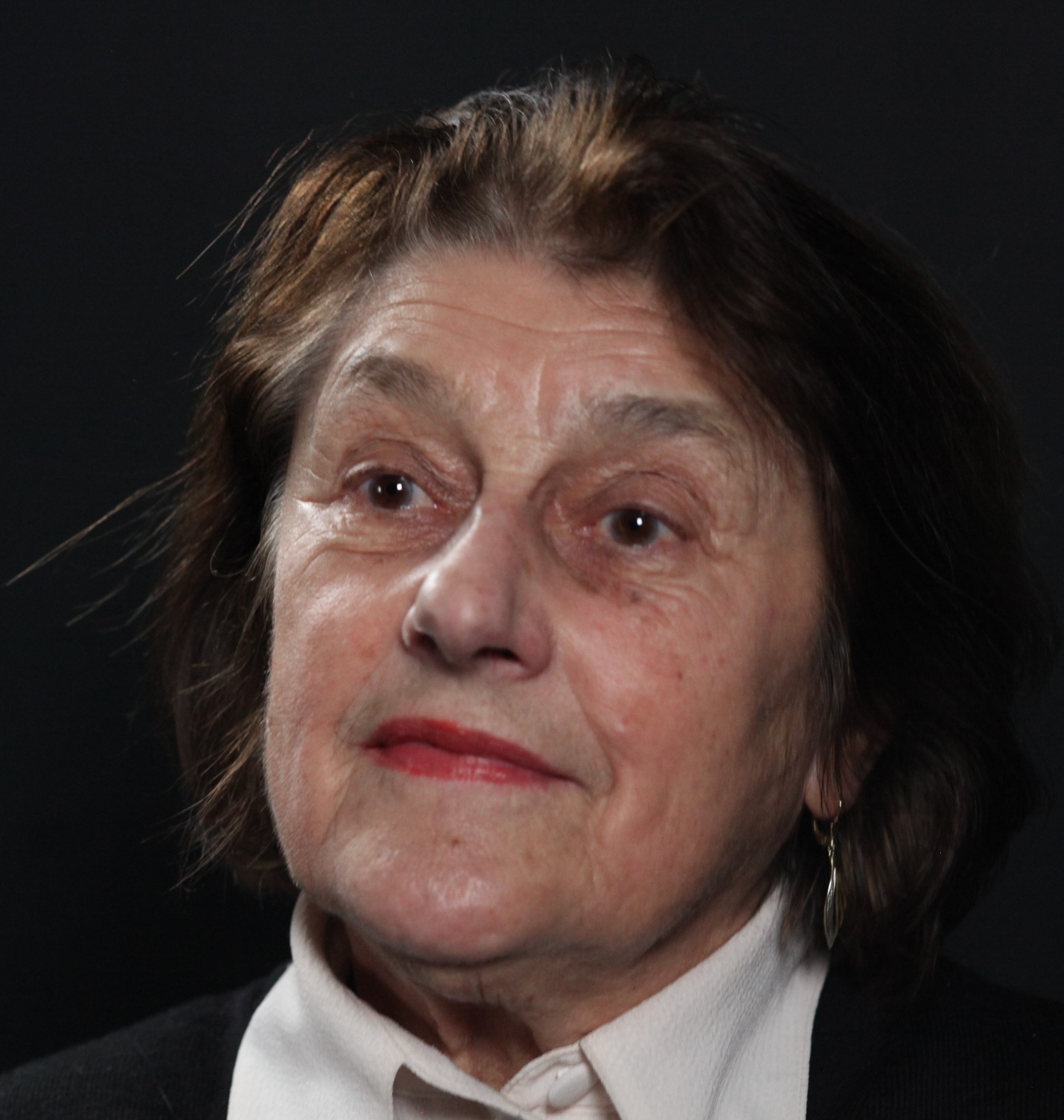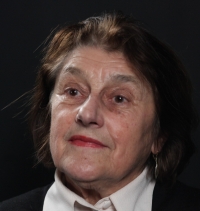Always help, never harm

Stáhnout obrázek
Eva Nováková, née Zívalová, was born in Turčiansky Svätý Martin (Martin today) in Slovakia on 18 January 1938. Her parents were Oldřich Zíval and Edita Zívalová, née Kalmárová. After her father refused to join Hlinka’s guards in 1939, the family moved to Hulín in Moravia and lived in a house with the witness’s grandfather. Mother Edita was of Hungarian Jewish descent and was forced to wear David’s star during the war. She was interned in the Terezín ghetto in 1944 and the father was sent to a labour camp in Bystřice near Benešov. Thanks to a physician who issued her with a certificate to the effect that she suffered from scarlatina, Eva Nováková was spared internment. Both parents returned home in 1945, but none of the mother’s family members in Slovakia survived the war – they were killed during the Slovak National Uprising. The family lost all property after February 1948; it was nationalised. Eva Nováková encountered religion lessons at school, and faith and Roman Catholicism strongly influenced her future life. Having completed the compulsory primary school attendance, she completed a twelve-year high school (Kroměříž Grammar School today) in 1956. During the same year, she was admitted to the Faculty of Medicine of the Palacký University in Olomouc, and graduated in 1962. She married her former high school mate Karel Novák who was a military physician. The couple has children, daughter Michaela and son Karel. The witness signed the Moravian Catholics Petition in 1988. She became a member of the Civic Forum during the Velvet Revolution. In 1990 she was elected a deputy of the Chamber of the People of Czechoslovakia’s Federal Assembly for the Movement for Self-governing Democracy (Hnutí za samosprávnou demokracii). She was a deputy for KDU-ČSL in the Chamber of Deputies of the Parliament of the Czech Republic from 1992 to 1996. She was elected a senator for the same party in 1996. From 1998 to 2002 she worked as a municipal assembly member and deputy mayor of Kroměříž. She has chaired the UNESCO Club in Kroměříž since 2008. She received the City of Kroměříž Award for her contribution to the town in the fields of culture, development, and promotion and for exemplary representation of Kroměříž on a national level in 2015.
